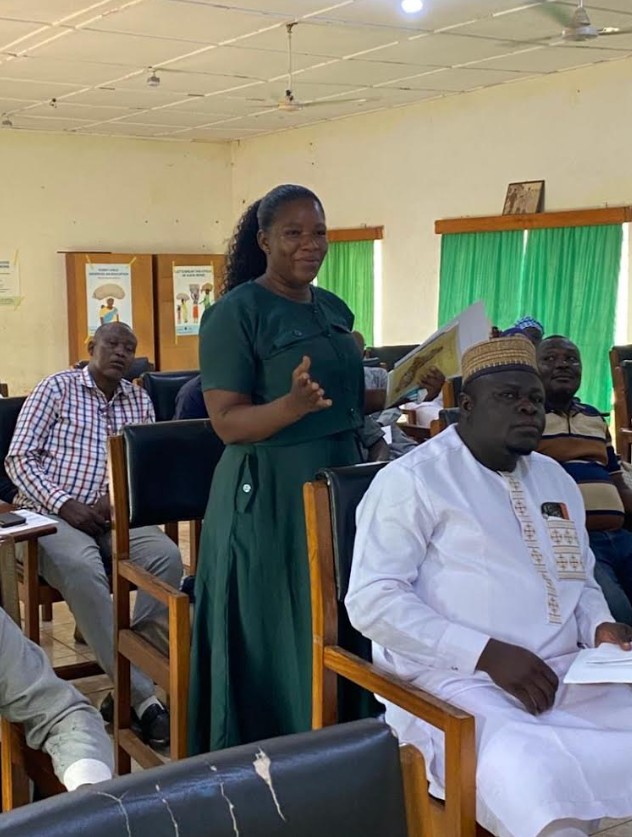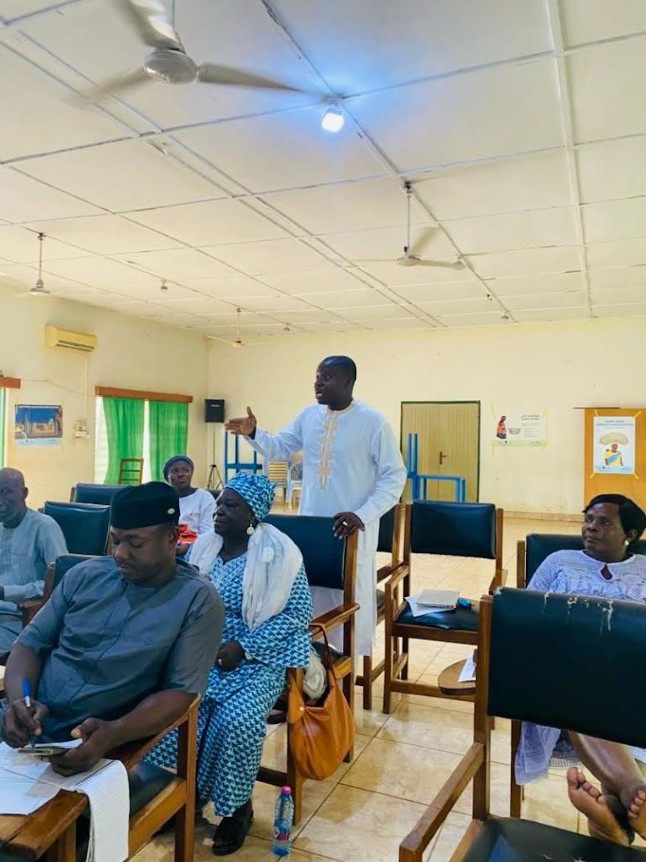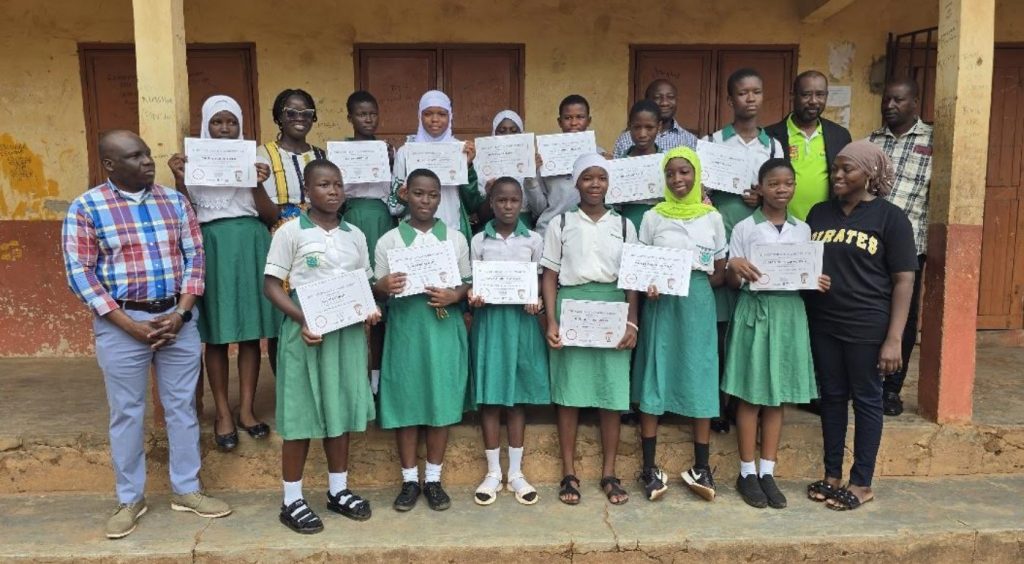Each year, thousands of adolescent girls from the Northern part of Ghana migrate alone to urban
centers in search of work, often ending up as Kayayei, exposed to exploitation, abuse, and
chronic poverty.
In response to this growing concern, BasicNeeds-Ghana in collaboration with Washington
University in St. Louis, USA and the School of Public Health, University of Ghana have rolled
out a project titled “Tizaa Bohima Project” a local phrase meaning “Let’s Learn Together”. A
project combining research, art, and community engagement to make the risks of child labour
more visible in schools and communities.

The project, which targets schools and communities in Northern Ghana, seeks to make the risks
associated with child labour—particularly “Kayayei” (female head portering)—visible through
culturally relevant and age-appropriate signage co-developed with students. It focuses on
adolescent girls who often migrate unaccompanied to urban centers to engage in this laborious
work, exposing them to a myriad of social and health risks.
As part of project implementation, a Teachers’ Consultation Meeting was held with head
teachers from 30 Junior High Schools and other key stakeholders. The meeting provided an
overview of the Tizaa Bohima initiative and showcased a series of compelling visuals developed
in collaboration with female students. These illustrations portray the harsh realities and
dehumanizing experiences of Kayayei.
Participants welcomed the initiative enthusiastically, commending the student-led approach and
affirming their commitment to ensuring the successful integration of the visuals into school
environments. Teachers also participated in a survey to assess the feasibility, relevance, and
cultural appropriateness of the materials for their schools.

In a ceremony held during school assembly, 15 students who contributed to the design
workshops were presented with certificates in recognition of their exceptional work. These
students, who visually interpreted the struggles of young girls engaged in kaya work, expressed
immense joy and pride for the honour. According to them, the recognition has boosted their
confidence and inspired them to become advocates for change within their communities.
In a related effort, BasicNeeds-Ghana and its partners are also implementing the Yizaa Maraba
Project—which means “All Are Welcome”—focused on developing a culturally appropriate
mental health literacy curriculum for Junior High Schools. Mental health experts,
stakeholders, and community partners are currently engaged in a detailed review and adaptation
process to ensure the curriculum reflects the local context and meets the mental health education
needs of young students.


